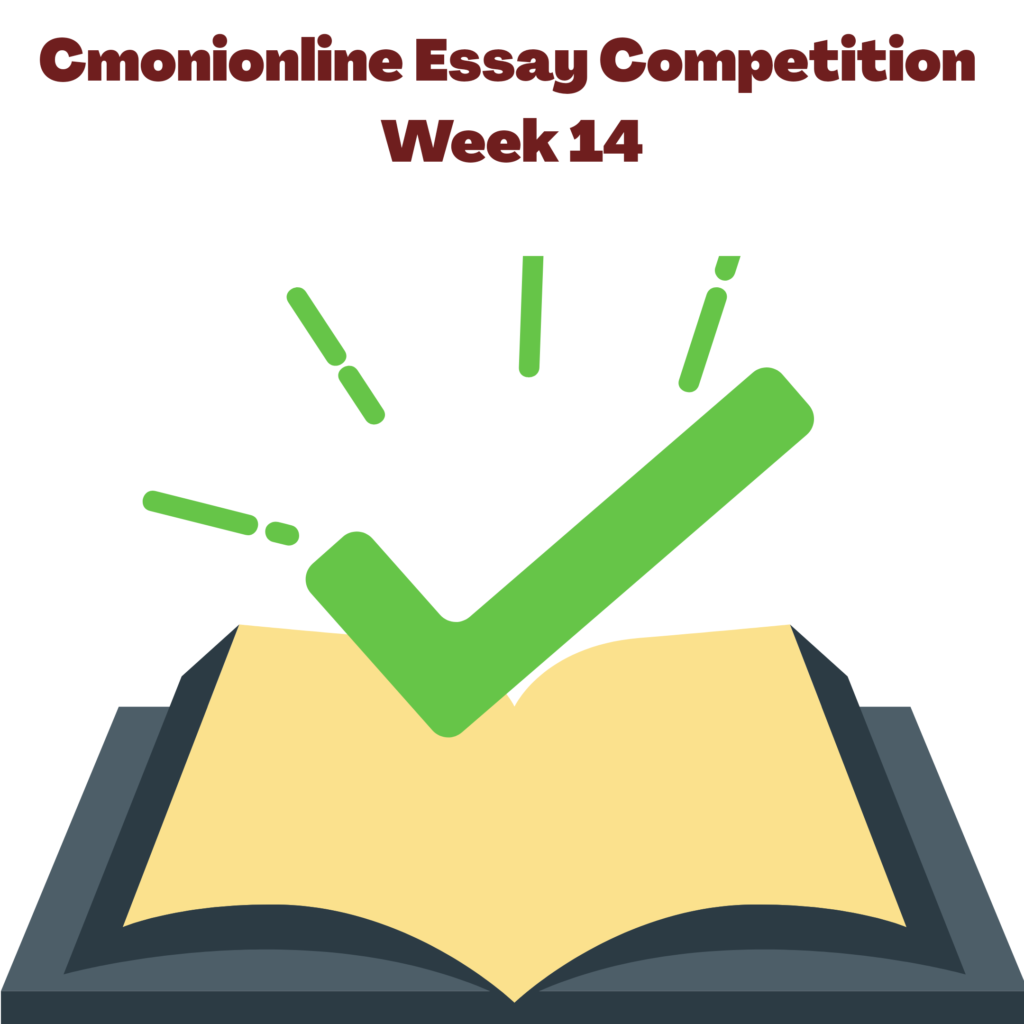After the mass on Sunday, Mama told me that Uncle Lawrence was in town. She said he had lodged in Royal De Grande Hotel and also made a comment about his wife and kids not being with him. However, what had excited me the most was that she said I would be taking a package to him.
Uncle Law was my favourite out of the eleven uncles I had from both sides. I could still remember when he was a bachelor, living with us here in Enugu and working with Court of Appeal. There was hardly a day he came home without a wrap of edible for me. That was why I had let out a few tears when he left for Abuja as a married man in 2011, but Mama said he was back. I knew he wasn’t back for good; business probably brought him back.
Mama gave me a key and an A-4 sized envelope stuffed with documents. She asked me to get to the hotel where Uncle Law had lodged and deliver those two items to him. I headed straightaway to the hotel, and the receptionist, an olive, slender dame who had a huge smile, called my Uncle’s room. After a few minutes of speaking into the phone, the lady told me he was in room 202.
I started towards the direction of the stairs she had shown me, and climbed with quite a pace. I got to the door of room 202 after three or so minutes and I gave the panel a reverent knock. The door was pulled open as if a doorman had been standing nearby, waiting for me to knock all along. By the door stood Uncle Law with a slight smile on his face. He was slightly shorter than the last time I had seen him, and he had a slight paunch. I yelled his name and gave him a tight hug. He stood by the door still and asked for what Mama gave me.
I handed him the A-4 sized envelope and stood a while studying him. He asked if I had anything else, I unconsciously said no, and kept a steady gaze on him still. He was staring back, and then, after a couple of odd seconds, he asked me in. He explained to me that this wasn’t his house, so I didn’t expect him to have much to offer. He promised to pay a visit before he would leave for Abuja. He gave me a bottle of water, and asked if everything was well at home. I had scarcely finished telling him about home when he told me that Mama would be wanting me at home.
That was when I saw it first: the fright in his voice, and then, I noticed the briskness of his movements. I concluded that my presence probably wasn’t needed, so I made to my feet, thanked him for the water, and headed out of the room. It was only when I had reached the bottom of the stairs that I recalled I hadn’t given him the keys. Sighing, I raced up the stairs again, and without giving it a second thought, I pushed it open.
I wished I hadn’t been too hasty, but my wish was a second too late. I had seen it all. Atop the bed was Uncle Law, and on top of him was a lady who was as black as soot, completely unclad; a lady who wasn’t Aunty Anulika, the swell, light-skinned dame I knew Uncle Law to have married in 2011.
Unfaithfulness in any relationship is often always considered unacceptable; even in the so-called open relationships. Whilst many available sources of information suggest that infidelity in relationships is mostly influenced by unhappiness of one or both partners in the home, and this has its root cause to be distrust, arguments over trivialities, unwarranted suspicions, I personally propound that infidelity is majorly caused by ignorance.
It is grave ignorance to believe that cheating is a gender-specific vice. A group of persons suggests that men in relationship are mostly cheaters, and unsurprisingly, this group of persons is predominantly female while the other group that suggests that women are the cheaters in relationship is predominantly a male group. I propose that the culture of pointing fingers has brought our marital unions to the rather deplorable state it is in currently.
Ayoola Adetayo reports that a certain female resident of Lagos state, as is the opinion of so many others who have stayed in the state long enough, believes that over 80% males living in Lagos cheat in relationships1. This is a rather baseless proposition merely born out of sheer ignorance.
In actual facts, a recent survey published by Vanguard showed that the top two countries in the world with cheating women are Nigeria with 62% of cheating wives and Thailand with 59%2. Hence, women cheat well enough as do men. Being keen to accuse a certain gender would only further deteriorate the tendency to enjoy a marital union, and at such a sad state, infidelity is bound to happen.
Secondly, Juan Gonzalez-Rivera et al. suggest a strong link between marital infidelity and sexual dissatisfaction3. Given this, I propose a root cause for sexual dissatisfaction. For instance, an infant exclusively breastfed would never have a need for any other meal except when eventually introduced to others. Hence, such an infant would rarely ever whine for a meal to which it never was introduced.
In any case, as touching marriage, having a wide range of taste comes as a result of having had multiple sexual partners before marriage. Hence, I propose that if Uncle Lawrence, introduced earlier in this article, had had Aunty Anulika to be his first bed companion, it would rarely be possible to experience any form of dissatisfaction. Hence, it is probable that Uncle Law had compared Aunty Anulika to his sexual encounters before marriage, and this, I propose, prompted infidelity.
Marital infidelity has marriage-threatening effects, first of which is the pitiful revenge-cheating syndrome. Ayoola Adetayo explains revenge-cheating to be infidelity influenced by a proof or suspicions of having been cheated on or being cheated on4. A union in which cheating and revenge-cheating are customs scarcely has chances of survival.
Anum Urooj et al. conducted a study on the perceptions of infidelity of both genders and the findings of the study suggest that women reckon that perceived emotional infidelity is most difficult to forgive5. Hence, in instances of infidelity, emotional inefficiencies may surface and could lead to nervous breakdown. In any union where infidelity occurs, I propose that there are grave emotional and psychological risks.
Lastly, I propose that any union with instances of infidelity would leave the progenies of such a union with the trouble of deciding to take sides and such a situation scarcely has any promise of the continuity of sanity in that home.
Johnson Onyedikachi is an eighteen-year-old Nigerian creative writer who has unpublished manuscripts of poetry and plays. He recently picked interest in crime fiction and in August 2019, enrolled in an online course where he gained proficiency in article/journal writing including the use of referencing formats (MLA and APA style). He is hopeful that he will be successful in writing.







